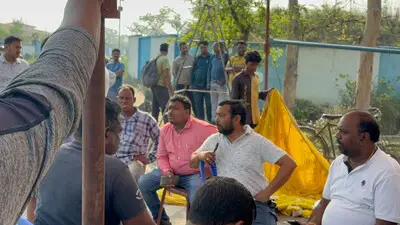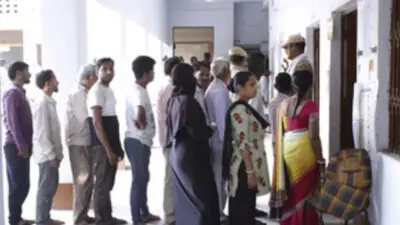Recommended Stories
The Union Cabinet, at a meeting chaired by Prime Minister Manmohan Singh on Thursday, approved the Coinage Bill 2009 proposed by the Finance Ministry which will be tabled in Parliament soon, Information and Broadcasting minister Ambika Soni said.
The Bill, which was referred to the Standing Committee of the Finance Ministry in December 2009, amalgamates four existing laws relating to coinage and revises the provisions of these Acts, she said.
The Acts which have been amalgamated under this comprehensive legislation are the Indian Coinage Act 1906; the Small Coins (Offences) Act, 1971; the Metal Token Act, 1889 and the Bronze Coin (Legal Tender) Act, 1918.
Official sources said the Standing Committee had proposed that the maximum punishment for melting or destruction of coins should be equated with that of counterfeiting and enhanced to 10 years of imprisonment.
However, the Cabinet decided to increase it to seven years, they said.
The Bill also broadens the definition of `coin` to include one rupee note which is virtually out of circulation and consequently repeals the Currency Ordinance of 1940.
As coins made of silver, nickel, copper and bronze are no longer in circulation, it proposes to bring under its gamut the use of any other material besides metals or mixed metals under the legislation, sources said.
Currently coins with denomination of 50 paise, Rs 1, 2, 5 and 10 are in circulation.
Recently the RBI said coins with denomination of 25 paise and below will cease to be a legal tender from June 30 and will be eventually pulled out of circulation.












